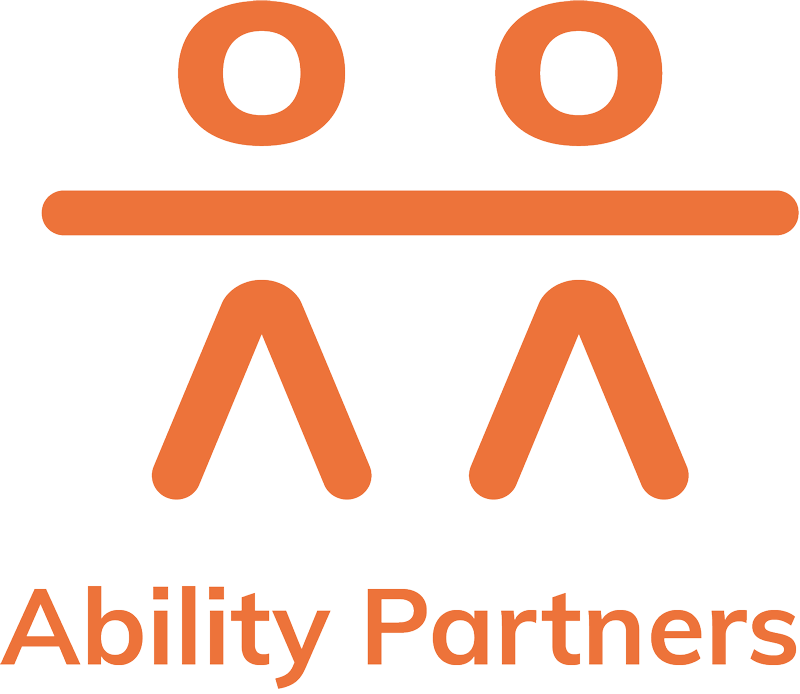The main difference between psychology and counselling lies in their approaches. A psychologist analyses and understands a human’s behaviour and thought process to deliver various treatment options. Counselling, on the other hand, involves a more client-centred approach where they help an individual overcome personal and psychological challenges by providing them with practical solutions and therapeutic techniques.
It is important to understand these differences when it comes to making an informed decision about you or your participant’s health and what treatment options that should be sought. In this blog, we will discover the main differences between psychology and counselling and how each field uniquely contributes to mental health care.
Psychology
Psychology services involve a scientific approach where a psychologist analyses and understands an individual’s behaviour and thought process. A psychologist is trained to diagnose and treat people with mental health illnesses such as anxiety, depression or stress and provide various therapeutic options. Once a psychologist has a better understanding of an individual’s behaviours and has made a diagnosis, they use methods such as Cognitive Behavioural Therapy (CBT) to help treat and manage a person’s mental health. Psychologists usually work in settings such as hospitals, mental health services and private practices.
Benefits of Psychology
The benefits of Psychology include:
- Offers insight into underlying causes of mental health issues;
- Improve emotional wellbeing;
- Uses scientific methods to develop effective treatment options;
- Manage mental health conditions;
- Improve problem-solving skills and communication;
- Offers long-term solutions to address the root cause of mental health issues.
Types of Psychological Assessments
Psychological assessments vary and are useful for both children and adults who:
- Present with more problems in their activities of daily living and wellbeing than what is currently explainable by their current diagnoses.
- Require further testing to identify mental health diagnoses that may be affecting their day-to-day living.
- Be currently diagnosed with a physical disability and require further assessments due to co-morbid mental health (psychosocial) symptoms that affect their activities of daily living.
There are different Psychological Assessments available for NDIS participants which include:

Counselling
Counselling helps a person by providing support and guidance to individuals who are dealing with personal, social or psychological challenges. A Counsellor can help an individual through therapeutic techniques, and come up with alternative strategies to improve their wellbeing and mental health. Counselling is a more client-centred approach where they don’t diagnose mental health issues but instead help a person understand themselves better and develop practical solutions to work through their current challenges and situations. Counsellors generally work in community health services or school and university settings.
Benefits of Counselling
The benefits of Counselling include:
- Improvement in mood and overall mental health
- Deliver effective strategies and practical solutions
- Enhance communication and wellbeing
- Provide assistance with understanding challenging behaviours
- Focuses on an individual’s specific needs and goals
Conclusion
Although there is a difference between psychology and counselling, there are significant benefits to choosing either option to treat and manage a person’s mental health. Ultimately, both psychology and counselling play vital roles in addressing the diverse array of mental health challenges that people face, sharing a common goal of improving individuals’ health and wellbeing.
If you or someone you know would benefit from psychological or counselling services, contact our friendly support team today.


